2025.03.21 コラム
はちみつは何歳からOK?初めて食べるときのポイントも紹介
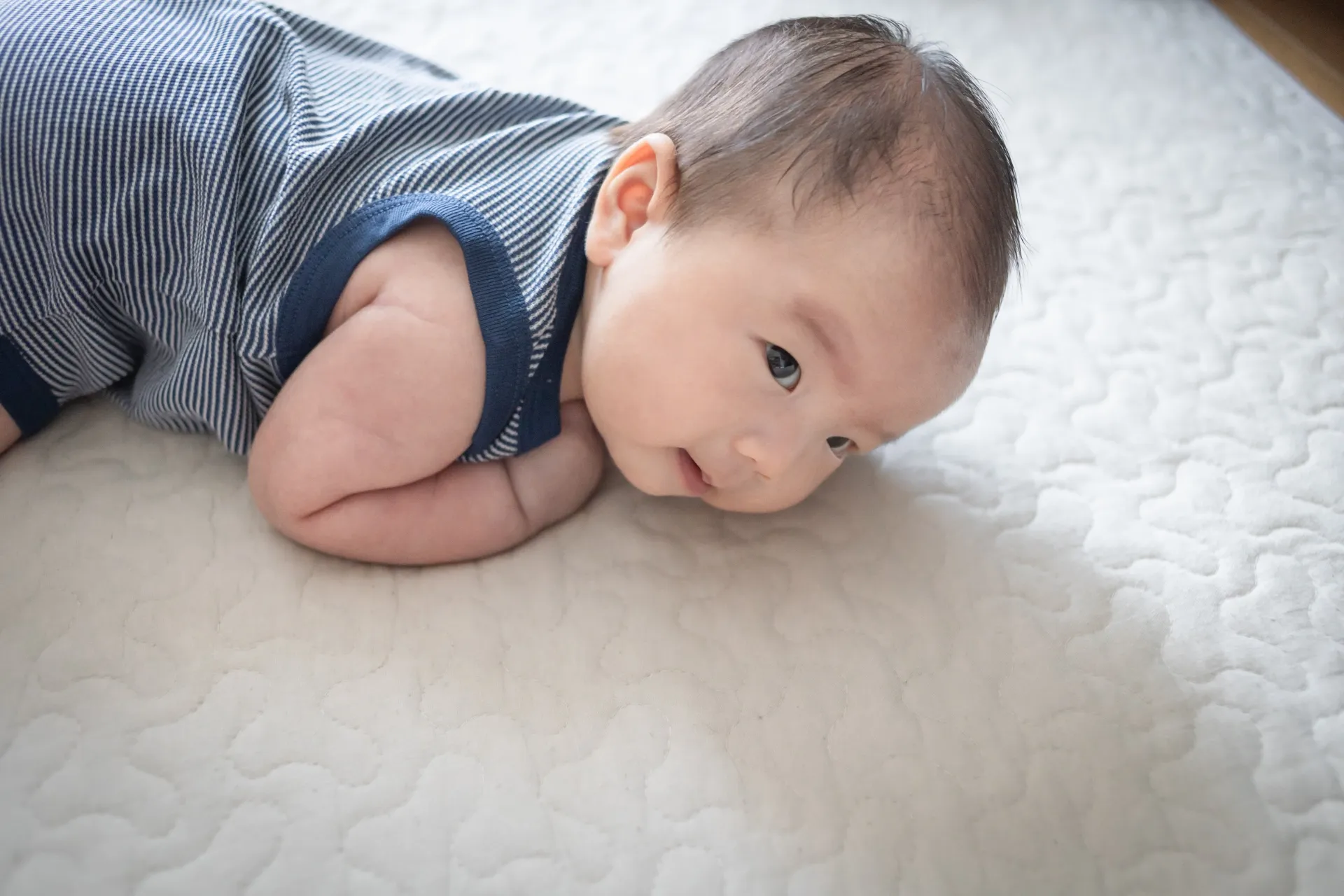
豊かな甘味のあるはちみつは、栄養成分や健康成分が多く含まれているため、子どもにも食べさせてあげたい食品の一つです。
しかし、「子どもに与えてはならない」という情報を聞いて、不安になった方もいらっしゃるでしょう。
今回はこのような不安を解消すべく、はちみつを食べてもよい年齢とともに、初めて食べさせるときのポイントを解説します。
小さなお子さまと一緒に、安全にはちみつを味わいたい方は、ぜひ参考にしてみてください。
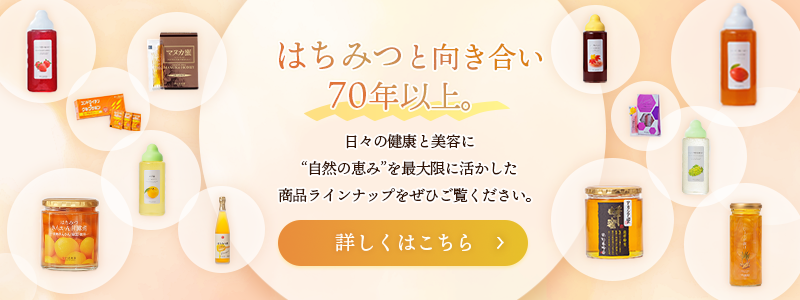
はちみつは何歳から食べてもよい?
はちみつを問題なく食べられる年齢は1歳以上であり、1歳未満の乳児には食べさせてはなりません。
これは厚生労働省からも注意喚起がなされています。
「甘くておいしいし、栄養成分や健康成分も含まれているから子どもにも食べさせてあげたい」と、お考えになるのは自然なことです。
ですが、1歳未満の乳児に与えるのは禁物です。
はちみつをそのまま与えるのはもちろん、はちみつ入りのパンやカステラ、ケーキなど、はちみつを加熱処理した食べ物や飲み物も与えないようにしましょう。
食品を選ぶ際は、パッケージに“1歳未満の乳児に与えないでください”という記載がないか、また原材料にはちみつが含まれていないかを注意深くチェックしてください。
なお、「1歳を過ぎているものの、早産だったから心配」という方は、はちみつを与えてもよいかどうかを自己判断せずに、医師に相談することをおすすめします。
参照元:厚生労働省https://www.mhlw.go.jp/stf/seisakunitsuite/bunya/0000161461.html
はちみつを1歳未満に与えてはならない理由
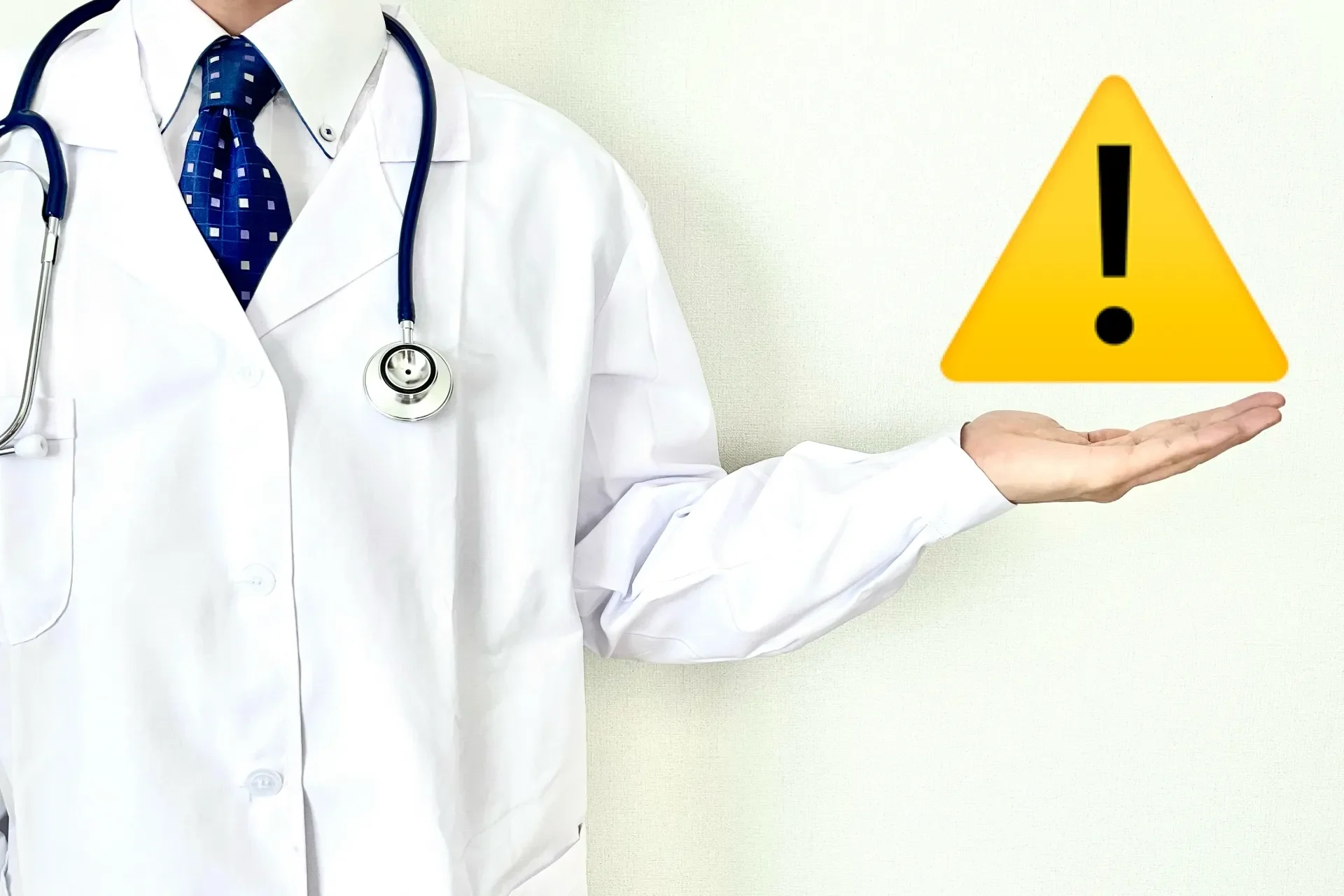
では、なぜ1歳未満にはちみつを与えてはならないのでしょうか。それは、“ボツリヌス菌”の存在です。
ボツリヌス菌とは、海や川、土などに広く存在し、”芽胞(がほう)という耐久性の高い殻をつくるので、熱や乾燥に耐性がある細菌です。
一般的にはちみつは、このボツリヌス菌が混入している可能性が稀にあるとされています。
はちみつ入りのパンやお菓子のように加熱処理されている食品であっても、ボツリヌス菌は熱に強くて死滅しないため、危険性はそのままです。前項でお伝えした、はちみつ入りのパンやカステラ、ケーキなどの食品を乳児に与えてはならないのは、このためです。 腸内環境が整っていない1歳未満の乳児にはちみつを与えてしまうと、腸内でボツリヌス菌が増殖し、毒素が発生します。これが、“乳児ボツリヌス症”とよばれる疾患です。
乳児ボツリヌス症を発症すると、便秘やほ乳力の低下、元気の消失、泣き声の変化、首のすわりが悪くなる、といった症状を引き起こすことがあります。
ほとんどの場合、適切な治療により治癒しますが、過去には亡くなってしまった事象も存在します。
日本国内では2017年3月に、はちみつを摂取した生後6か月の赤ちゃんが、乳児ボツリヌス症により亡くなるという事例が発生しました。
ここまでの内容で、子どもにはちみつを食べさせるのが不安になった方もいらっしゃるでしょう。
ですが、1歳を過ぎれば腸内環境が整い、腸内細菌のはたらきでボツリヌス菌を死滅させることができます
また、厚生労働省のWebサイトにある、“1歳以上の方にとっては、はちみつはリスクの高い食品ではありません”という記載も、一つの安心材料となるかもしれません。
参照元:厚生労働省https://www.mhlw.go.jp/file/06-Seisakujouhou-11130500-Shokuhinanzenbu/0000161263.pdf https://www.mhlw.go.jp/stf/seisakunitsuite/bunya/0000161461.html
1歳以上の子どもに初めてはちみつを与える際のポイント
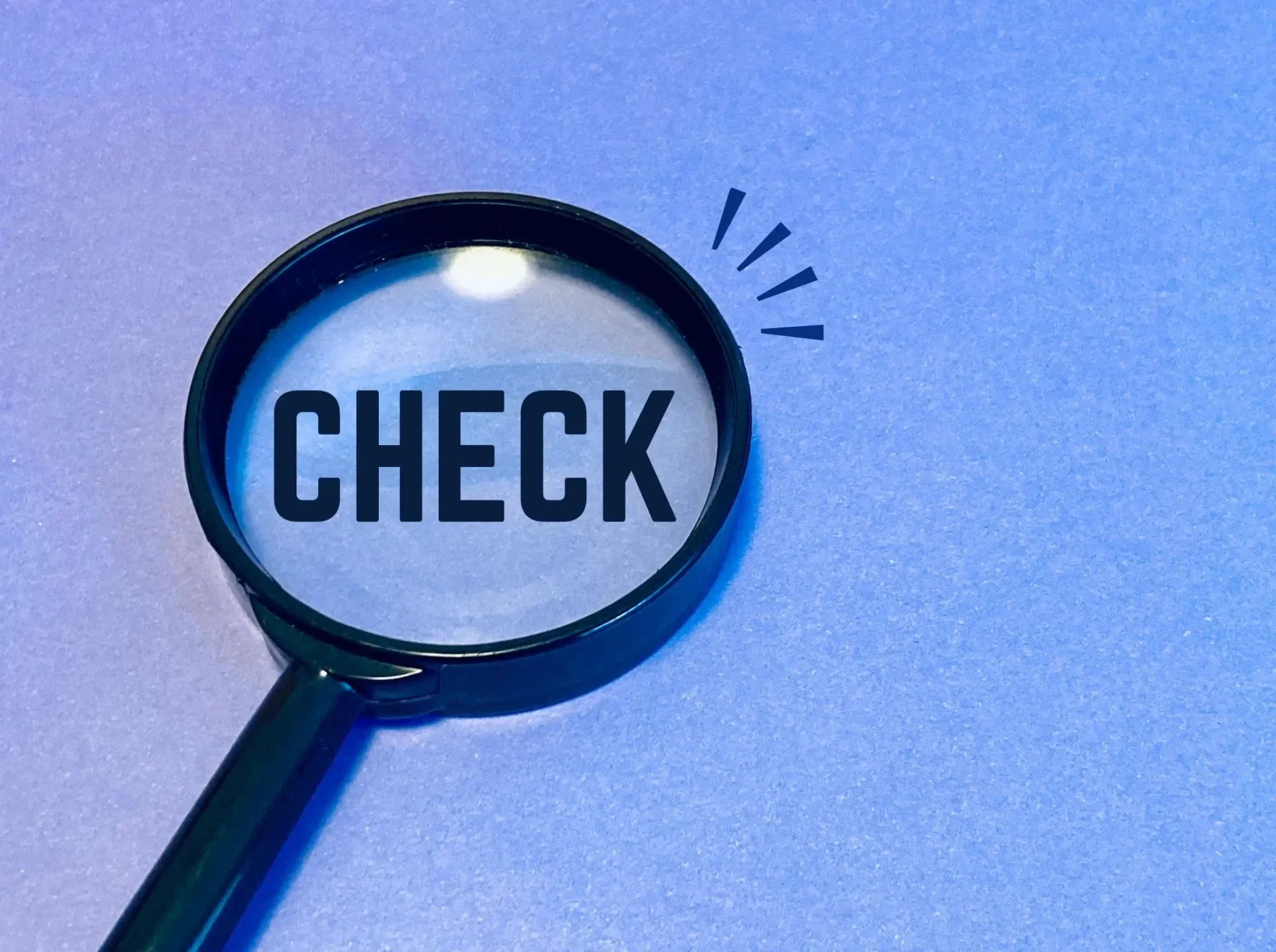
1歳以上であれば、乳児ボツリヌス症を引き起こすリスクは限りなく低いとはいっても、やはり初めてはちみつを与えるときは不安ですよね。
そんな不安を少しでも軽くできるように、ここからは、1歳以上の幼児に初めてはちみつを与える際のポイントを2つ紹介します。
はちみつをおいしく、そして適切に摂取することで、お子さまの健康の維持にお役立てください。
ポイント①まずは少量から与えてみる
初めてはちみつを食べさせるときは、ごくわずかな量から与えるようにしましょう。
摂取量としては、小さじ(ティースプーン)1/2杯程度から始めることをおすすめします。
1歳を過ぎていれば、はちみつを食べても問題ないとされているものの、一度にたくさん与えてしまうと、腹痛や下痢といった不調を引き起こす可能性があります。
そのため、はちみつそのものをホットケーキやヨーグルトに少量かけるか、もしくは、はちみつ入りのパンを少しだけ与える程度に止めておくとより安心です。
摂取後は体調に変化がないか様子をみて、いつもと変わらないようでしたら、少しずつ量を増やしてもよいでしょう。
ポイント②体調が良いときを選ぶ
子どもの体調が万全なときを選ぶのも、初めてはちみつを与える際のポイントです
体調が悪いときは免疫力が低下しているため、はちみつを与えると、食中毒を引き起こしてしまうかもしれません。こうしたリスクを避けるためにも、初めてはちみつを与えるときは、子どもの体調が良く、元気なときを選ぶようにしましょう。
また、小児科があるクリニックや病院の、受診可能な時間帯を事前に調べておくことも大切です。
診療時間内なら、万が一、はちみつを与えたあとに体調の変化があっても、すぐにかけつけられるため安心です。
子どもがはちみつを食べることで期待できる効果
はちみつには、体の健康を保つために役立つ栄養成分などがバランスよく含まれています。
そのため、健康や美容など、さまざまな効果が期待できるはちみつですが、子どもにとってうれしいのは、毎日を元気に過ごせるようになることではないでしょうか。
はちみつには単糖類のぶどう糖や果糖が多く含まれており、すぐにエネルギーとして活用されるため、ハツラツとした日々を過ごすのに適した食品といえます。
また、はちみつに含まれる抗菌作用により、季節の変わり目に起こりがちな体の不調にも備えられます。
こうした、はちみつを食べることで期待できる効果により、体の内側から子どもの健康を維持できるのです。
関連記事:健康維持につながるはちみつの栄養成分や健康成分とその効果を紹介
妊娠中や授乳中にはちみつを食べてもよい?
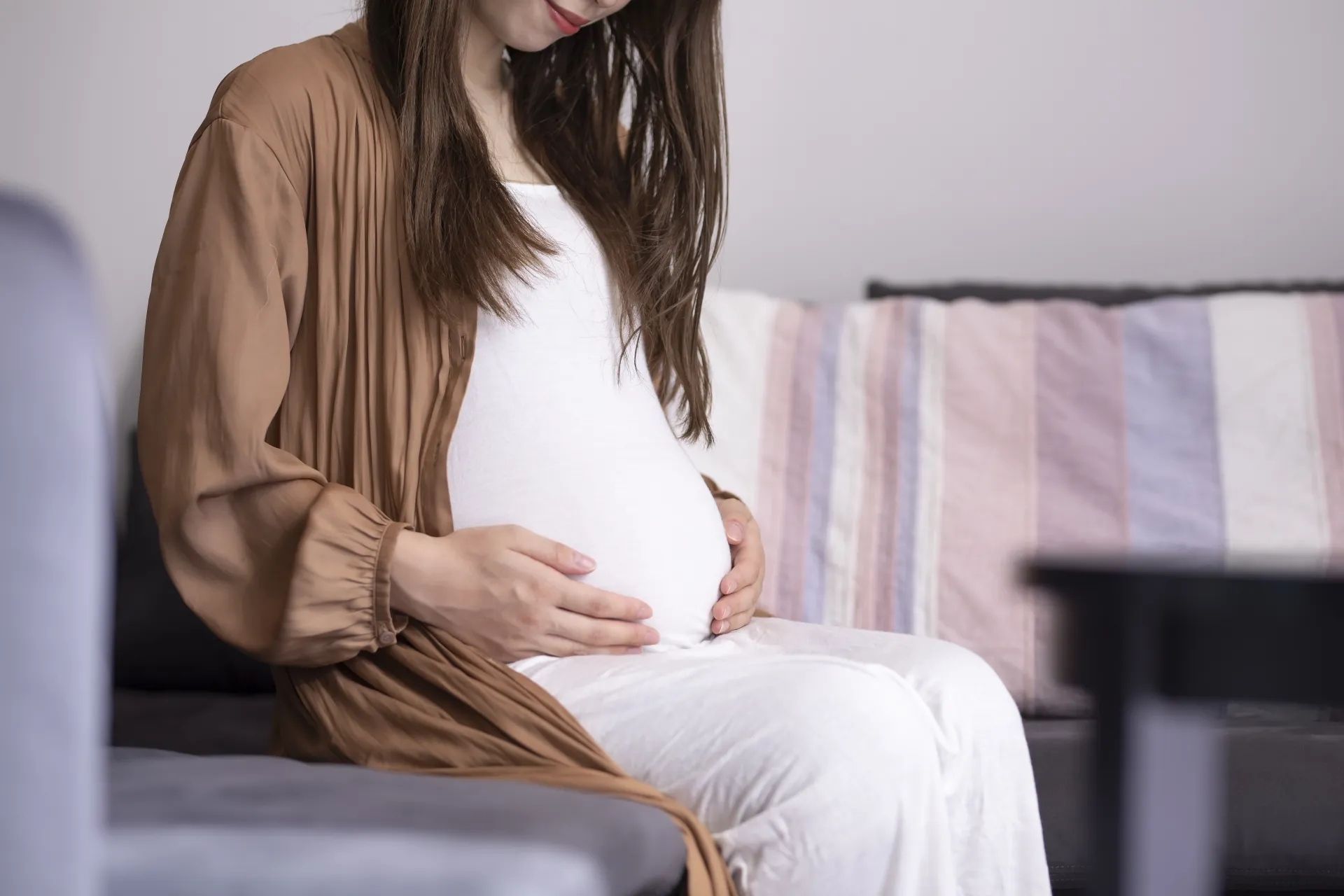
妊娠中や授乳中であっても、はちみつを食べていただいて問題ありません。
「食べたはちみつの菌が、お腹の中の赤ちゃんに悪影響を及ぼさないか」「母乳を通して、はちみつを飲ませてしまっていないか」と、不安になることもあるでしょう。
ですが、はちみつを口にしてはならないのは、あくまでも腸内環境の発達が未熟な1歳未満の乳児のみです。
厚生労働省からも、妊娠中や授乳中の方に対して、はちみつの摂取に関する注意喚起はなされていませんので、安心してお召し上がりください。
むしろ、さまざまな栄養素がバランスよく含まれているはちみつは、健康に気を使う妊娠や授乳の時期に、おすすめの食品です。
ただし、1歳未満のお子さまがいる場合、はちみつがついたままのスプーンやお皿は、速やかに片づけるようにしましょう。乳児がこれらを触り、誤って口に入ってしまう危険があります。
また、周囲の方がはちみつを食べるときも、乳児の誤飲につながる環境を作らないように注意することが大切です。
関連記事:妊娠中にはちみつを食べてもよい?期待できる効果も解説
はちみつ以外に気をつけるべき食品は?
1歳未満の乳児には、はちみつ以外にも与えてはならない食品があります。
それは、黒糖やコーンシロップ、自家製野菜スープ、井戸水などであり、これらの食品にもボツリヌス菌が含まれている可能性があるためです。
すでにお伝えした通り、ボツリヌス菌は海や川、土などの自然界に存在する細菌ですから、はちみつだけに混入しているわけではありません。乳児が口にするものすべてに、細心の注意を払いましょう。
特に黒糖は、はちみつと同様、お菓子やパンなどによく使用されています。
これらを購入する際には、成分表示をしっかりと確認してください。
はちみつを食べてもよいのは1歳以上であり、1歳未満の乳児には与えてはなりません

今回は、はちみつを食べてもよい年齢や、初めて食べさせるときのポイントを解説しました。
はちみつを口にしてもよい年齢は、1歳以上です。はちみつに含まれるボツリヌス菌に対する腸内環境が、1歳未満の乳児にはまだ整っていないためです。
1歳を迎え、初めてはちみつを与えるときは、まず少量から食べさせてみましょう。
また、子どもの体調が良いタイミングを選ぶのもポイントです。
「初めてのはちみつ、どこで買おう?」とお悩みの方は、ぜひはちみつ専門店|杉養蜂園の通販サイトをご利用ください。
杉養蜂園では、お子さまの健康を育む“蜜育(みついく)”に取り組んでおり、高品質かつバラエティー豊かなはちみつをご用意しています。
コラム監修者
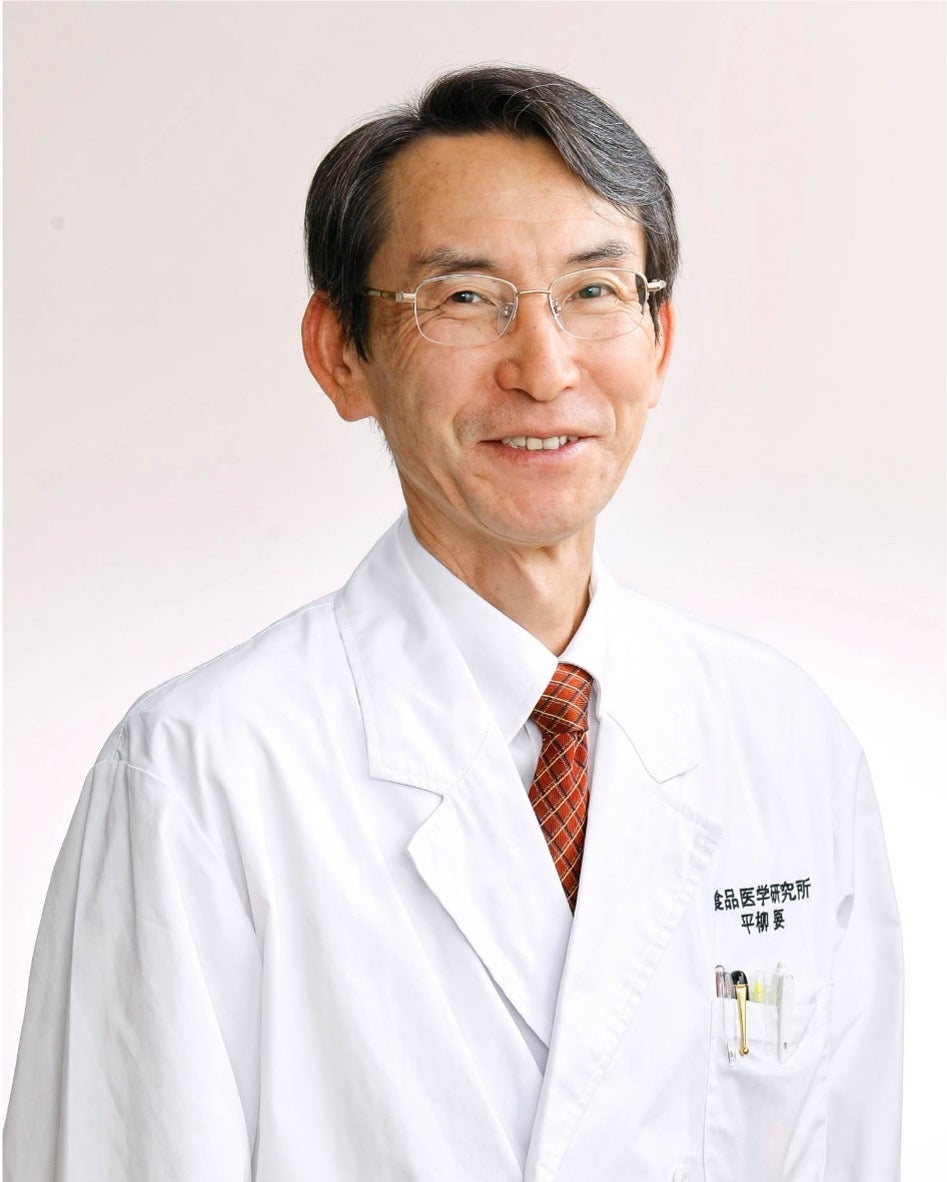
平柳 要先生
肩書:医学博士(東京大学)/保健学修士(東京大学)
所属:株式会社 食品医学研究所 代表兼所長
【略歴】
東京大学大学院医学系研究科(生理学)修了後、イタリア・パルマ大学、ハーバード大学、マサチューセッツ工科大学の客員研究員を経て、日本大学医学部(衛生学)准教授となる。
これまで日本体育大学(公衆衛生学/労働衛生学)、佐野日本大学短期大学(公衆衛生学)などの非常勤講師、日本人間工学会、日本宇宙航空環境医学会、日本臨床高気圧酸素・潜水医学会の理事や日本衛生学会、日本予防医学リスクマネージメント学会の評議員などを務めた。
現在は(株)食品医学研究所の代表兼所長。
【専門分野】
・特殊環境医学(宇宙環境生理学、海洋環境生理学、作業環境衛生学)
・科学的根拠(エビデンス)に基づく食材の健康効果研究
【メディア出演歴】
・NHK「ためしてガッテン」
・TBSテレビ「名医のTHE太鼓判!」
・テレビ朝日「林修の今でしょ!講座」
・CBCテレビ「健康カプセル!ゲンキの時間」
その他、MBS・テレ東・BSフジなど多数出演。
【監修・寄稿実績】
・蜂蜜力(主婦と生活社)
・魔法のハチミツ(マキノ出版)
・体が整う とっておきのしょうがレシピ(ナツメ社)
その他、食品の健康効果に関するムックや新聞・雑誌への
記事の投稿・監修は200冊以上。
【執筆著書】
・がん予防に実は「日光浴」が有効なわけ-ビタミンDの驚きの効力(講談社)
・病気にならない!しょうが緑茶健康法(サンマーク出版、中国語版あり)
・医学博士が考案した長生きふりかけ(サンマーク出版)
その他、専門書『現代生活と保健衛生』(篠原出版新社)・『新編衛生学実習』(南山堂)など、
健康・保健に関する書籍を多数執筆。
【外部リンク】
食品医学研究所ブログ:http://h-and-w.jp/column/
マイベストプロ群馬ブログ:https://mbp-japan.com/gunma/food-medicine/column/

